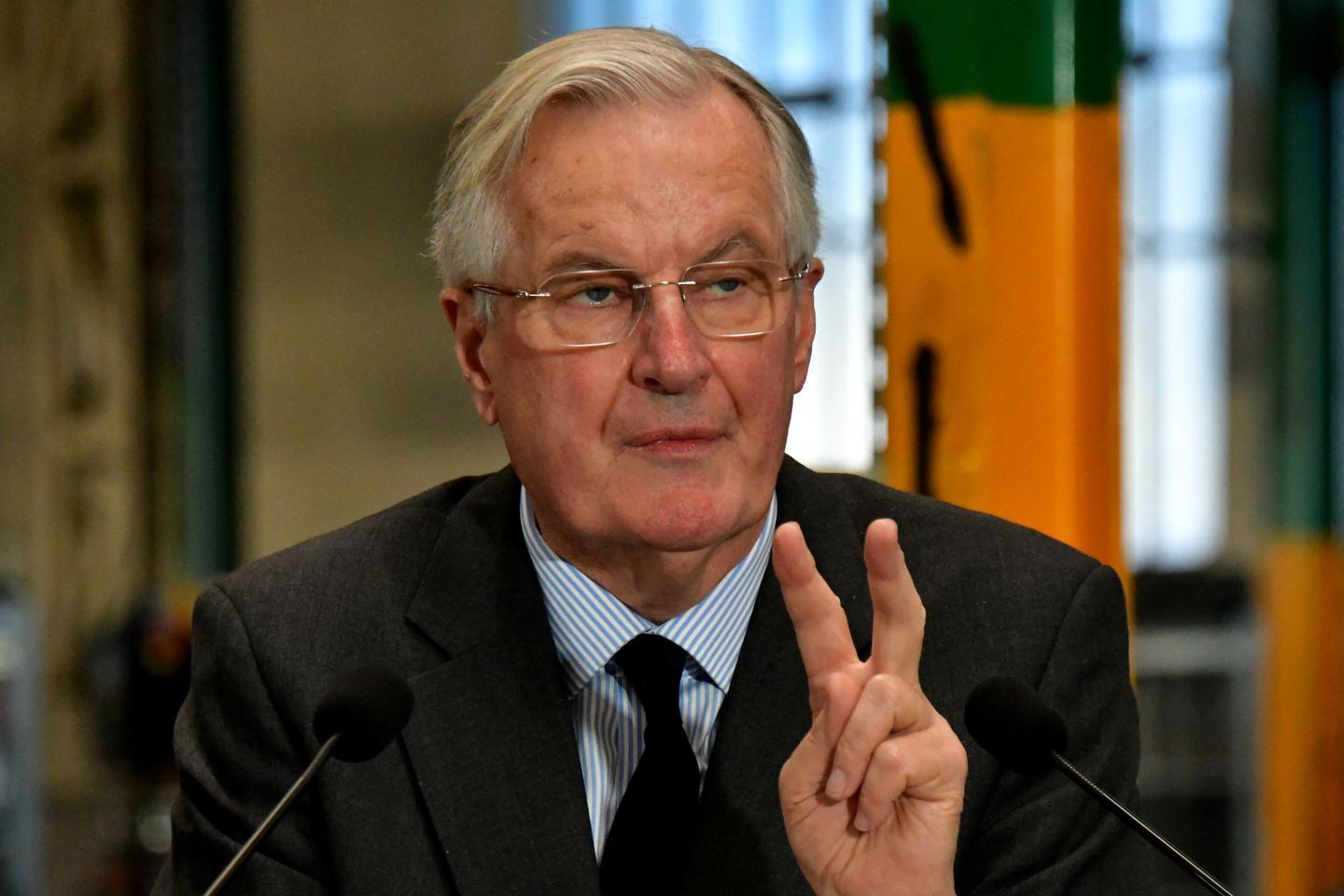


Michel Barnier has reason to celebrate. After a particularly tough week, the French prime minister won S&P's backing for his austerity plan on Friday, November 29. The American rating agency has maintained France's AA- debt rating, equivalent to a score of 17 out of 20.
This predictable decision comes at a time when S&P had already downgraded France six months ago, it usually avoids frequent rating changes. What stands out most is that, despite the political turmoil, S&P's experts are betting on the budget presented by Barnier to effectively reduce the deficit. At this stage, the agency is maintaining the "stable outlook" on France's rating, which was far from guaranteed.
S&P analysts are aware of the challenges the country faces. In their assessment, they noted that "France's public finances have deteriorated" in recent months and that "rising political fragmentation is complicating fiscal governance." The agency even mentioned the "considerable risk that current proposals could be diluted further or fail to make it into law." Nevertheless, their central assumption remains that the authorities will manage to reduce the public deficit to "just under 1% of GDP [gross domestic product]" by 2025. However, they are more skeptical about what comes next: "Beyond 2025, the fiscal trajectory is unclear," they wrote, due to "very different fiscal proposals espoused by groups across the political spectrum"
This message was clearly understood at the Ministry of Finance. "By maintaining France's rating, S&P recognizes the government's efforts to reduce the deficit and restore our public finances," said Antoine Armand, the economy minister, shortly after the rating was announced. "However, the agency also stressed the risk linked to political uncertainty, which could compromise this trajectory," he added. This was the minister's way of warning MPs who might seek to topple the government. "The absence of a budget, political instability, would lead to a sudden and substantial increase in debt financing costs," he stressed at a press conference on Saturday morning. "This would destabilize consumption, disrupt business investment and undermine growth."
In the midst of a chaotic budget debate which, according to the prime minister himself, could result in a "political and financial storm," the S&P's verdict is also a warning to the government: it must stand firm and not relax its efforts to restore public accounts. This is the threat facing the country.
You have 56.69% of this article left to read. The rest is for subscribers only.
